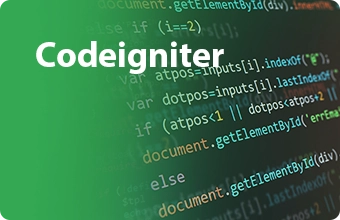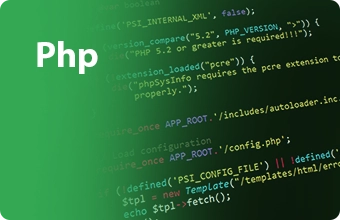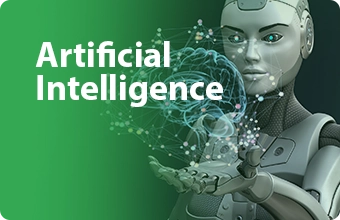Blockchain
Blockchain is a decentralized and distributed digital ledger technology that enables the secure and transparent recording of transactions across a network of computers. In a blockchain, data is stored in blocks that are linked together in a chronological and immutable chain. Each block contains a cryptographic hash of the previous block, a timestamp, and a list of transactions.

Data is organized into blocks, each containing a cryptographic hash of the previous block, a timestamp, and a list of transactions. Key features include decentralization, achieved through a network of nodes, consensus mechanisms ensuring agreement on transaction validity, immutability making data alteration difficult, transparency allowing all participants to view the transaction history, and the ability to execute self-executing contracts called smart contracts. Originally associated with cryptocurrencies like Bitcoin, blockchain’s applications extend to various industries such as supply chain, healthcare, finance, and identity verification.
Key characteristics of blockchain include:
- Decentralization: The ledger is maintained by a network of nodes (computers) rather than a central authority. This decentralization enhances security and resilience.
- Consensus Mechanism: Nodes in the network use consensus algorithms to agree on the validity of transactions and the state of the ledger. Common consensus mechanisms include Proof of Work (used by Bitcoin) and Proof of Stake.
- Immutability: Once a block is added to the chain, it is extremely difficult to alter. This feature ensures the integrity and security of the recorded data.
- Transparency: The entire transaction history is visible to all participants in the network. This transparency fosters trust among users.
- Smart Contracts: Blockchain supports the execution of self-executing contracts called smart contracts. These contracts automatically enforce and execute the terms of an agreement when predefined conditions are met.
You May Like
Our thoughtfully designed internship programs provide a tailored and enriching experience for aspiring professionals.




















